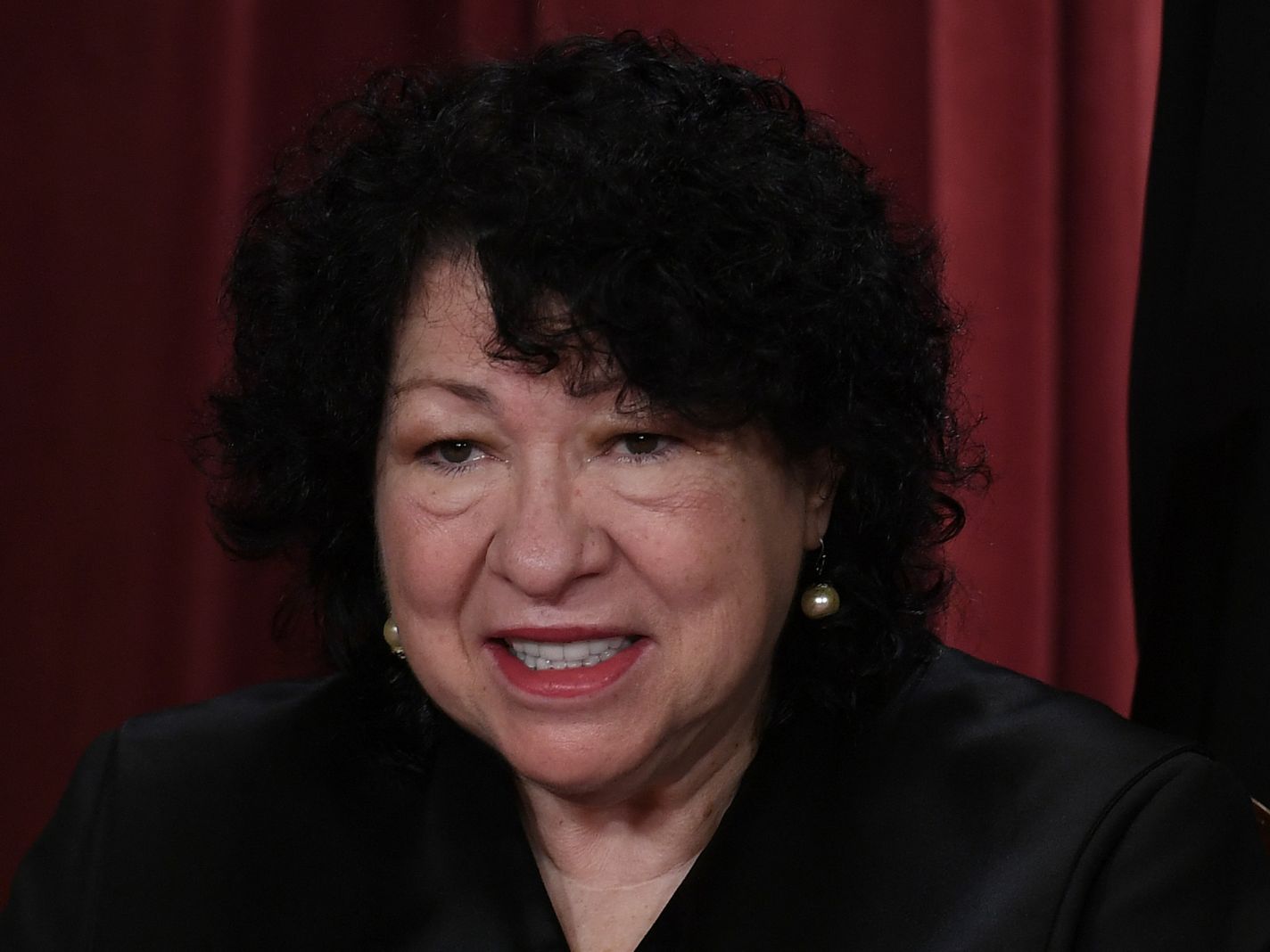U.S. Supreme Court Justice Sonia Sotomayor dissented on a pair of rulings Thursday (June 29) that ended the affirmative action programs at the University of North Carolina and Harvard University.
By essentially overturning the 2003 Grutter v. Bollinger ruling, which stated the race of a student could be considered in the admissions process, the Supreme Court has changed how historically underrepresented groups will be impacted when applying to institutions of higher education.
“Today, this Court stands in the way and rolls back decades of precedent and momentous progress,” Sotomayor said, adding that “race can no longer be used in a limited way in college admissions to achieve such critical benefits.”
She added that in their ruling, the Supreme Court “cements a superficial rule of colorblindness as a constitutional principle in an endemically segregated society where race has always mattered and continues to matter.”
The Supreme Court voted 6-3 in the University of North Carolina case and 6-2 in the Harvard University case. Sotomayor and fellow liberal justices Elena Kagan and Ketanji Brown Jackson dissented in the UNC case. Sotomayor and Kagan did the same in the Harvard case. Jackson recused herself because she attended Harvard as an undergraduate and a law student and served on the university’s board.
Studies have shown that with the end of affirmative action, Black and Latino students would suffer disproportionately and would dramatically reduce racial diversity at private and public universities.
Rep. Alexandria Ocasio-Cortez and former HUD Secretary Julián Castro weren’t buying the Court’s “colorblindness” claims.
UnidosUS, the largest national Latino civil rights and advocacy organization in the U.S., called the ruling “deeply disappointing” but said “efforts to continue making our country truly reflective of the people who live here” should continue.
“We should be clear: students of color belong on college campuses,” UnidosUS said in a statement. “Diversity in leadership is critical to our society. Our nation’s future depends on it.”
